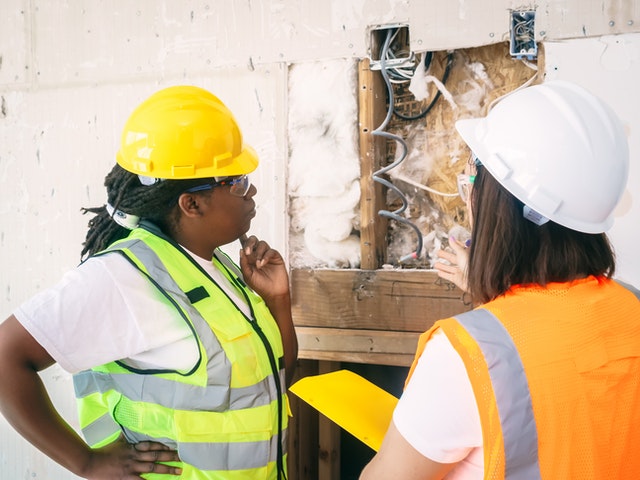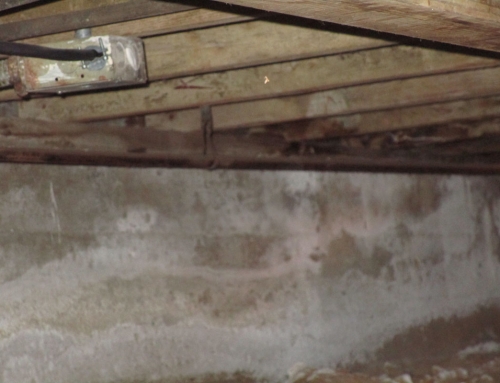
As a homebuyer, after you have found a property you like and agreed on a price with the buyer, the home inspection can tell you if you are going in the right direction or not. Although the home inspection is primarily about the physical features, it can also impact the property’s purchase price.
That’s because sellers set the offer price for their home using its features and the quality of those features. Those features are also the basis on which you negotiate a price with the seller. Both buyer and seller use the home’s physical qualities as the premise for deciding its cost.
Since the home inspection evaluates the property’s physical condition, it could potentially affect the selling price. Archer Management advises that a home inspection can help you avoid buying an overpriced house or one that will give you problems in the future.
That is why you should not view the inspection as a formality but as an integral part of your process for finding the right home and negotiating a fair price for it. What you do before and after the home inspection will go a long way to determine if you reap the full benefits of the inspection.
Here are the steps you should take when you are about to inspect a property you are interested in:
1. Inspect the home by yourself
Doing a preliminary inspection of the property before hiring a professional home inspector to look at it is vital. It is advisable to have a good picture of the home in your mind to understand the home inspection report. Doing your inspection will also help you identify areas that you want the home inspector to look at closely.
2. Do not waive the home inspection
Sellers and their agents will often try to get you to waive the home inspection, do not do it. Other times, you could be telling yourself that the home is in excellent condition, and you can save money by forgoing the home inspection. Be aware that every home has issues, and some of the more serious ones may not even be evident. Make sure you have a home inspection.
3. Hire a competent home inspector
Another way you may try to save money is by hiring the most affordable home inspector around. When you do this, you treat the home inspection as a mere formality and not a vital part of the home buying process. Recognize that the home inspection is there to protect you. By not hiring a home inspector who will give you the best, you expose yourself to the possibility of heavy financial losses.
4. Accompany the home inspector
Even if the home inspector is a professional, the decision to buy or to not buy the home is still yours to make. If you are not present during the inspection, you will have trouble interpreting the home inspection report. Being present during the home inspection will help you take full responsibility; you recognize the inspector’s role as a guide and an adviser.
5. Ask questions but stay out of the way
Home inspectors encourage buyers to accompany them during their inspection rounds. That gives the home inspector a chance to explain facts about the home that can help you make an informed decision. But no home inspector wants an overbearing client or one that disturbs their workflow with distracting chatter and unnecessary questions. Be present during the inspection but ask questions only when necessary.
6. Do read the home inspection report
The inspection report will be several pages long and contain some technical language. But the home inspector will not offer advice on whether you should buy the home or not. It is your decision to make and the main reason you should read the report to understand it. Also, expect the home to have problems; every house has them, including new ones. Your final decision should be according to the type of problems the home has and not on the presence of issues.
7. Order additional inspections, if needed
If the inspector has flagged some issues in the report and recommended add-on inspections to analyze the problems, do not ignore the inspector’s suggestion. Home inspectors will not do an in-depth assessment of each component in the building; they give you an overview of its overall state. To get detailed information about the condition of a specific element, you need to hire an expert.
8. Inspect all repairs
If the buyer agrees to fix some of the issues identified in the inspection report, make sure you inspect the repairs after completion. That is to ensure that the repairs are up to expectation. Before you finalize the purchase, have your home inspector look at those components again and sign off on them.






